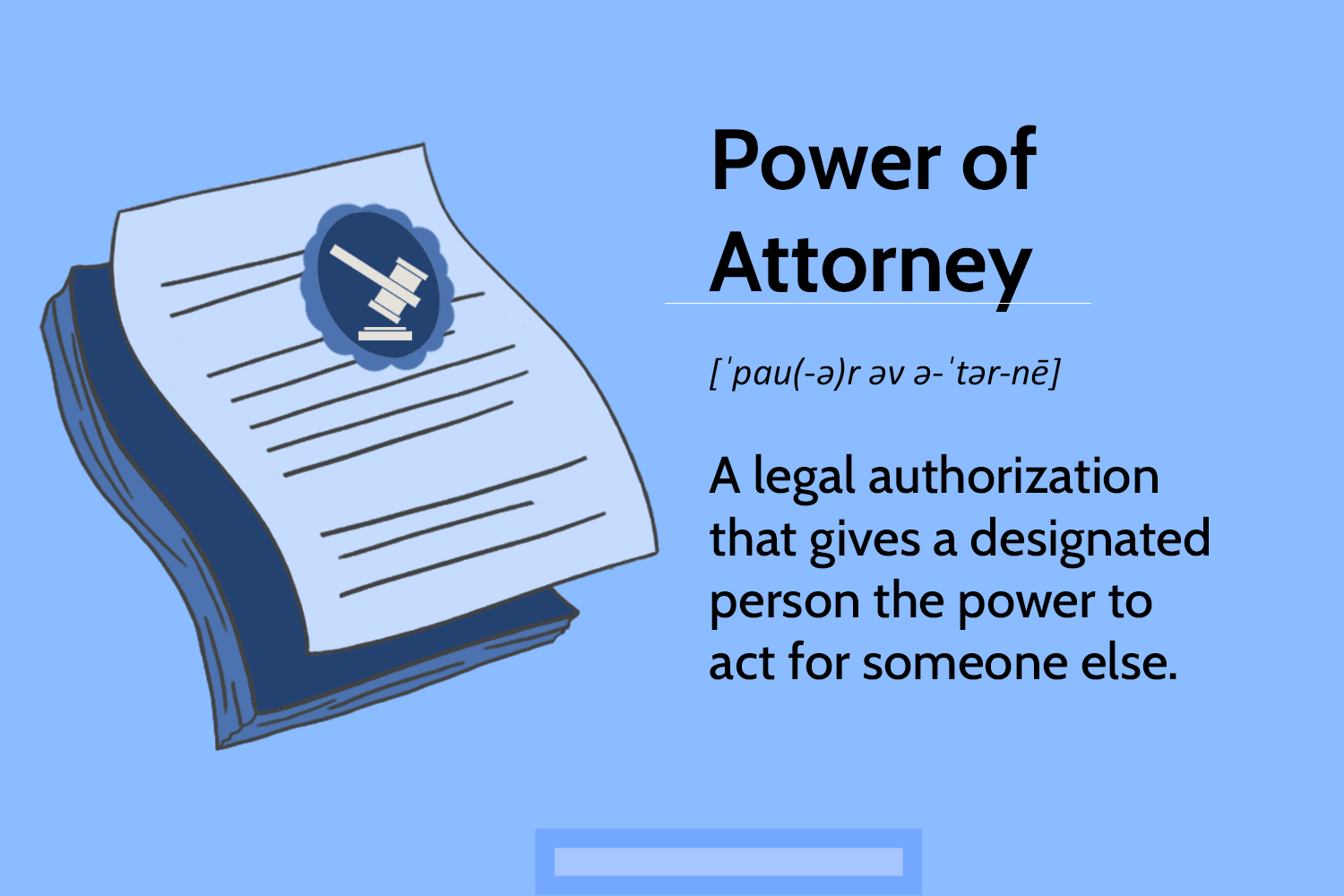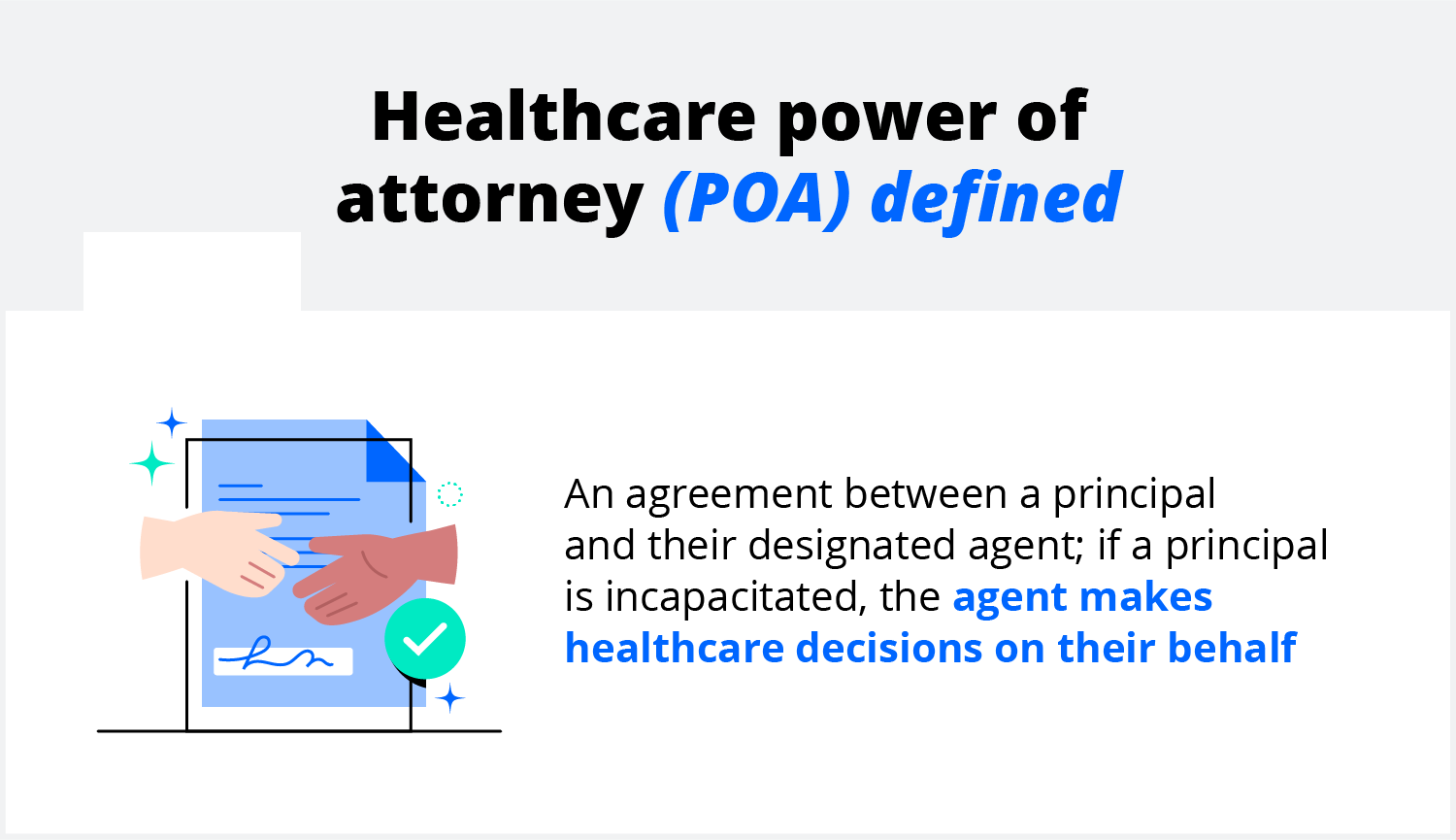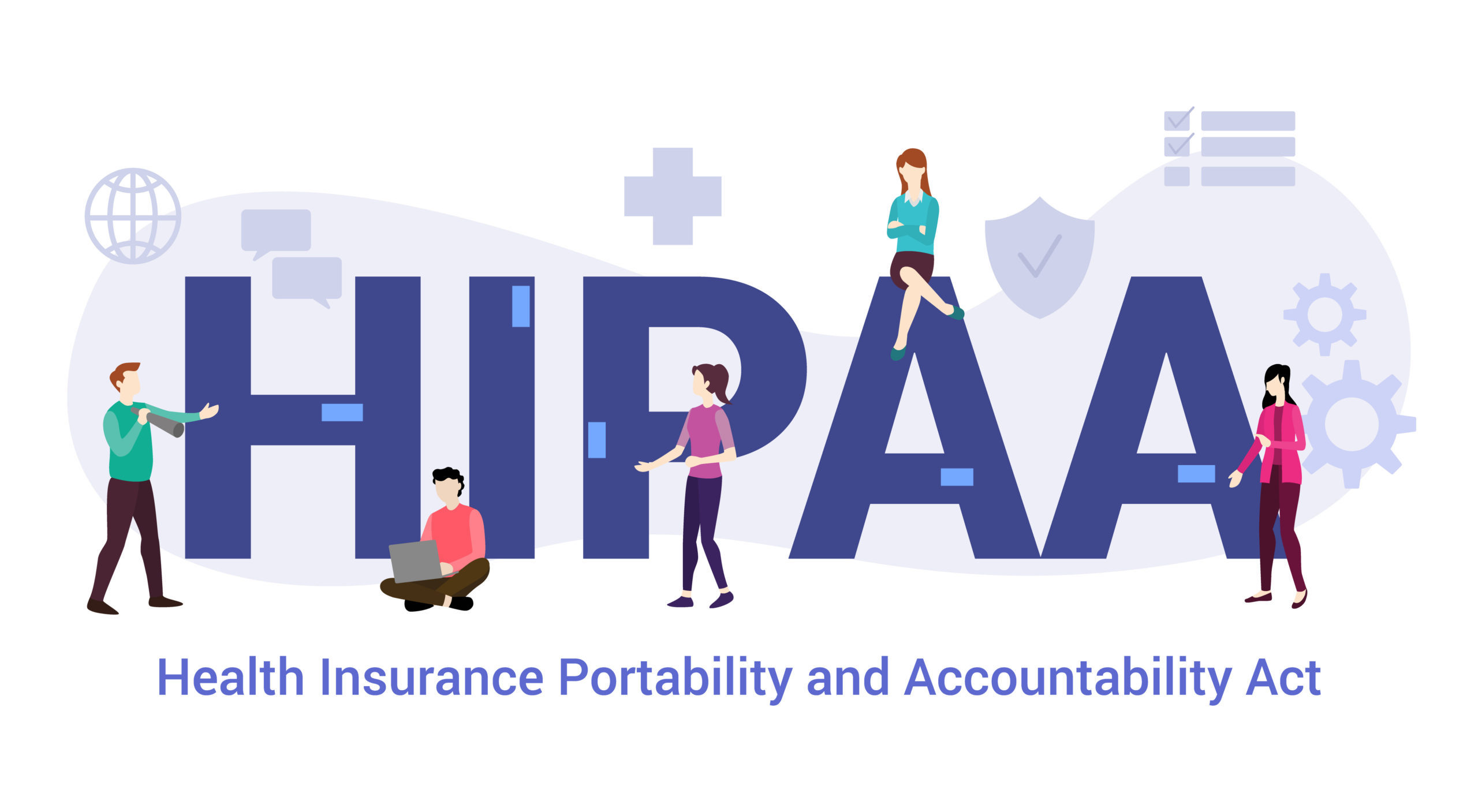Power of Attorney Lawyers:

Selecting a power of attorney lawyer is an incredibly important decision when planning for your financial, legal, and healthcare future.
These experienced attorneys assist you in thoughtfully preparing power of attorney documents that designate an “attorney-in-fact” or agent who can manage your financial affairs, healthcare choices, property matters, and other essential concerns if you become incapacitated or otherwise unable to make decisions yourself.
Power of attorney agreements empower someone you trust to take the legal reins regarding your life’s most vital affairs during vulnerable or uncertain times.
By partnering with an attorney experienced in POA preparation, you can have full confidence that the customized document you establish will adhere firmly to the laws of your specific state, withstand legal scrutiny, protect your best interests, and provide clear, legally binding authority to your chosen agent.
Unlike generic online POA forms, the thoughtful guidance of a lawyer allows you to carefully assess your needs, clearly outline your wishes, weigh options for designating your agent, and legally equip your advocates to manage concerns ranging from bill payment to end-of-life care. Read on to gain a fuller understanding of why retaining a power of attorney lawyer has the capacity to provide immense comfort, control, and peace of mind regarding your future care and livelihood.
What is Power of Attorney?
A power of attorney (POA) is a legally binding document that grants you the ability to thoughtfully designate a trusted advocate or “agent” who can manage a broad range of crucially important financial, legal, healthcare, and other personal affairs on your behalf if you become incapacitated or otherwise unable to make fully informed decisions independently.
This appointed person essentially steps into your shoes as your legal stand-in or “attorney-in-fact”, equipped with versatile powers to conduct essential transactions, handle healthcare choices, access accounts, claim benefits, transact real estate matters, and make far-reaching life decisions guided by your preferences as dutifully outlined in your power of attorney agreement.
Rather than leaving you or your family vulnerable if you cannot fully represent your own interests, a POA allows you to pre-select someone you trust to seamlessly step in and manage any aspects of your life and livelihood that you specify in the document.
With an agent legally empowered through your POA, you gain tremendous peace of mind knowing that your financial, legal, and healthcare affairs will remain in good hands even when you are unable to handle matters on your own.
There are several types of POAs:
- General POA – Covers financial and legal decisions. Can be effective immediately or only upon your incapacity.
- Limited or Special POA – Gives your agent authority over a specific topic, like selling your home.
- Durable POA – Remains in effect if you become incapacitated. Can cover financial matters and/or healthcare choices.
- Healthcare POA – Let your agent make medical decisions per your wishes if you cannot communicate. Also called a healthcare proxy or medical power of attorney.
- Springing POA – This takes effect only if you become incapacitated. Remaining inactive until that triggering event occurs.
Proper preparation of your POA documents can prevent confusion, delays, and family disputes over your care and assets if you cannot make your own decisions.
Why Choose a Power of Attorney Lawyer?

While free POA forms are available online, working with an experienced estate planning or elder law attorney provides important benefits:
- Customization – A lawyer can tailor your POA to address your unique needs and wishes.
- Local Expertise – They understand your state’s specific POA laws and requirements. Laws can vary significantly between states.
- Peace of Mind – Lawyers help ensure your document is legally valid and enforceable. They also serve as impartial counsel if family debates arise over your care.
- Future Guidance – A lawyer can advise you on choosing an appropriate agent and outlining their powers and limits. They can also counsel your agent on their fiduciary duties.
- Healthcare Guidance – For a healthcare POA, a lawyer can help document your end-of-life care preferences and choose a healthcare agent who will honor your wishes.
- Storage and Tracking – Lawyers often register your POA and can provide certified copies if needed. They also store the original in a safe place if questions arise.
Thoughtful preparation with an attorney helps ensure your POA withstands legal scrutiny. This gives your loved ones and agents clear guidance should they need to act on your behalf.
Choosing an Attorney-in-Fact Under Your Power of Attorney
Selecting the precisely right agent is an incredibly crucial decision when creating a power of attorney (POA) document.
This appointed person needs to be utterly trustworthy, consistently reliable, and genuinely willing to take on the immense legal responsibility for managing the breadth of your financial affairs, healthcare choices, property matters, and any other aspects of your life that you specify.
This role requires someone who can and will carry out your best interests with integrity when you are no longer able to oversee your own well-being and livelihood.
Ideal candidates to thoughtfully consider naming as your agent include:
- Your spouse or life partner, who knows you intimately and will likely be by your side to make decisions in a health crisis or disabling event.
- An adult child who understands your wishes and has the maturity, judgment, and availability to take on full legal decision-making.
- Another very close family member or trusted friend who loves you like family and will prioritize your needs above all else.
- An attorney, accountant, or estate planning professional who possesses financial acumen and fiduciary know-how.
- A banker, financial planner, or investment advisor who is familiar with your financials and qualified to continue sound management.
Additionally, it can be prudent to consider designating one reliable person to primarily make healthcare and medical decisions, while appointing another agent more adept with finances and investments to spearhead overseeing your monetary affairs and transactions.
Naming complementary co-agents, or designating successor agents who can step in if your first choice of agent is unable to serve, can further strengthen your POA arrangements by providing oversight, support, and continuity if needed.
Before finalizing your power of attorney agreement, it is absolutely essential to have in-depth conversations with potential agents to confirm they genuinely understand the legal duties involved and are comfortably willing and able to take on this monumentally important role in representing your best interests.
Your lawyer can provide immense assistance by clearly explaining and outlining the full legal responsibilities and fiduciary obligations your designated agent will be assuming. They will underscore that this is no small favor, but rather a major commitment your agent must undertake on your behalf should the need arise.
With the right strategic guidance from an attorney, you can thoughtfully prepare, carefully reflect and make educated decisions to appoint the most qualified, dedicated advocates to carry out your wishes when you need them most.
Powers to Delegate Through Power of Attorney
The powers you choose to delegate to your attorney-in-fact impact how comprehensively they can represent you. Typical powers under a durable POA include:

- Banking – Access accounts, withdraw and deposit funds, authorize transfers between accounts, and apply for loans or credit in your name.
- Investments – Make investment decisions, trade securities, access safety deposit boxes, and brokerage accounts.
- Insurance – Obtain information on policies and annuities, make claims, and adjust coverage amounts.
- Government Benefits – Apply for and manage government assistance, and deal with Medicare, Medicaid, and Social Security on your behalf.
- Retirement Accounts – Access 401ks, IRAs, pensions, and profit-sharing plans. Make withdrawals and rollovers. Manage required minimum distributions.
- Real Estate – Buy, sell, rent, or mortgage property. Pay taxes and expenses.
- Taxes – File returns, deal with audits, claim refunds, and sign documents.
- Legal Affairs – Sign contracts, file litigation, retain counsel.
- Business Interests – Make decisions and sign agreements regarding any businesses you own or control.
- Care and Custody – Arrange health, home care, and residential services. Transport and care for minors or pets in your custody.
Clearly defining these powers provides your agent unambiguous legal authority to conduct your affairs. Limiting certain powers also safeguards against financial abuse. Your attorney can help strike the right balance.
Healthcare Power of Attorney Considerations

Drafting a healthcare POA requires special attention to ensure your wishes are legally documented and supplied to healthcare providers when needed. Key considerations include:
- Agent – Name someone who understands your values and will represent your interests zealously if unable to make your own care decisions.
- Instructions – Document what medical treatments you want and do not want under different scenarios to guide decision-making. A living will can supplement your healthcare POA.
- Scope – Grant powers to access medical records, hire, and fire providers, admit you to facilities, and take any needed emergency actions.
- HIPAA Release – Include authorization for your agent to access protected health information.
- Resolving Disputes – Provide guidance on handling any conflicts between your agent, family, and physicians.
- Guardianship Provisions – Indicate whether your agent has the authority to represent you in a guardianship proceeding if a court seeks to override your POA.
With an attorney’s help, your healthcare POA and related documents can provide critical direction on managing your care, treatment options, life support wishes, and other deeply personal choices.
Working With Your Power of Attorney Lawyer
Drafting a customized power of attorney document with the assistance of an experienced lawyer involves thoughtfully completing a few key steps:
- Initial consultation – The lawyer will have an in-depth preliminary discussion to fully understand your overall needs and goals, review the totality of your assets and financials, hear your potential preferences for appointing healthcare and financial agents, and gather crucial details about your health status, family dynamics, living situation, and other important factors needed to strategically develop a comprehensive plan for your POA agreement.
- Document preparation and review – The lawyer will then prepare meticulously customized draft POA documents, living wills, and any other relevant supportive materials for your thorough, confidential review. They will walk you through the drafts to ensure you understand and feel fully confident in every provision and clause before finalization.
More Info
- Finalization – When completely satisfied with the documents after your careful review and the lawyer’s counsel, you will sign the final legally binding agreement. The lawyer can oversee proper notarization and make certified copies to distribute to your appointed agents, family members, healthcare facilities, financial institutions, and any other essential parties.
- Registration – In many states, formally recording your executed POA with the appropriate government authorities makes the document easily accessible and verifiable if ever legally challenged or questioned by third parties. Your lawyer can ensure it is registered correctly.
- Secure storage – Keeping the original POA in a safe location like the lawyer’s secured office vault prevents tampering and provides a definitive reference document if any dispute arises. The lawyer maintains ready access if needed while keeping your original POA safeguarded.
- Ongoing guidance – Your lawyer remains continuously available to you and your appointed agents over time to readily answer questions, recommend prudent updates if laws change, and provide ongoing best practice counsel regarding POA usage. This lasting guidance and support provides helpful peace of mind.
With an experienced estate planning or elder law attorney guiding you every step of the way, a thoughtfully crafted customized power of attorney provides immense comfort and clears the path for trusted advocates to faithfully oversee your financial, healthcare, and legal well-being when you need assistance.
The lawyer makes the process smooth, structured, and strategic.
Power of Attorney Provides Vital Protection
A well-prepared power of attorney allows you to thoughtfully select agents you trust to manage your financial, legal, healthcare, and other affairs in an incapacitating situation. Partnering with a knowledgeable lawyer helps ensure your documents adhere to current laws, clearly outline your agents’ powers and limits, and provide legally sound instructions on carrying out your wishes.
With your POA in place, you can face the future with greater confidence and empower those closest to you to provide faithful assistance when you need it most.
Attorney Document: Key Provisions for Your POA Agreement
The POA document your lawyer prepares establishes your agent’s powers and provides legally binding instructions. While POAs can vary based on your unique needs and state laws, certain provisions are typically included:
Identifying Parties
- Principal – The person creating the POA (you)
- Agent/Attorney-in-fact – The person appointed to act on your behalf
- Successor Agents – Those designated to step in if the first agent cannot serve
Defining Agent Powers
- Exact powers granted to the agent regarding finances, healthcare choices, property, legal affairs, and other matters
- Any specific exclusions or limitations on the agent’s authority
Handling Third Party Acceptance
- Language confirming the legality of the POA that institutions must accept when presented by the agent
- Principal signature and notarization to validate the agreement
Providing HIPAA Release

- Permission for the agent to access protected medical records if healthcare POA
Outlining Agent Responsibilities
- Fiduciary duties such as acting in your best interest and avoiding conflicts of interest
With an attorney’s help, your thoughtfully prepared POA document designates trusted advocates and empowers them to act on your behalf when needed.
Managing Your Financial Affairs with Power of Attorney
For many people, the ability to designate an agent to handle financial matters is the primary motivation for creating a power of attorney (POA) agreement. Your financial and legal affairs encompass highly important parts of life – from paying bills and taxes to managing investments, property, and benefits. Selecting someone you trust to take the reins with legal authority is prudent planning.
Outlining Your Agent’s Authority
The powers enumerated in your POA document establish the boundaries within which your financial agent can act. Being highly specific regarding banking, transactions, real estate, taxes, and other monetary matters provides clear direction. Typical authorized powers include:
- Accessing and managing bank accounts
- Entering safety deposit boxes
- Making investments and transfers
- Filing taxes and claiming refunds
- Buying and selling property
- Accessing loans and lines of credit
- Managing retirement accounts
- Collecting debts owed to you
- Pursuing insurance and government claims
Clarifying any limitations prevents your agent from potentially exploiting access to your accounts and assets. Your attorney can help craft language to give your fiduciary adequate powers while still deterring financial abuse.
Preparing for uncertainty and diminished capacity need not leave you feeling powerless. By thoughtfully establishing a power of attorney (POA) agreement with the knowledgeable guidance of an estate planning or elder law attorney, you can craft a legally empowering document to protect and provide for your future well-being.
A tailored POA allows you to hand-select trusted advocates to manage your financial affairs, healthcare choices, legal matters, and more should the need arise. Appointing those who know you best and share your values – whether a spouse, child, friend, or professional – equips them to stand in your shoes and make decisions as you would. Outlining your preferences, delegating powers, and designating successors in a legally valid POA create pathways for your team to support you while upholding your wishes.
Conclusion
Yet realizing the full benefits begins with the right lawyer guiding you. Local legal expertise helps account for variances in state laws. Attorneys keep your document flexible enough to serve you through life’s changes and comply with evolving regulations. Their counsel enables you to assess assets, weigh family dynamics, and outline agent responsibilities for optimal arrangements unique to your needs.
Ongoing communication and review with your attorney also keep your POA current. Life milestones like marriage, divorce, new dependents, or domiciles may necessitate updating your advocates or the powers assigned. Lawyers recommend beneficial revisions so your POA continuously reflects your reality.
Peace of mind further flows from proper POA execution, registration, storage, and access facilitated by your attorney. They ensure full legality and enforceability to avoid doubt or delays when your document must be invoked. Having certified copies readily available to present instills confidence in healthcare providers, financial institutions and others expected to accept your POA.
The journey ahead may hold many twists and turns. Implementing a flexible, personalized POA with legal guidance gives you control over your care, assets, and future should the need arise. Planning today with a trusted advisor positions you to face tomorrow’s uncertainties with greater confidence, clarity, and resilience. Act with care to document your advocates and wishes, and empower those who matter most in your life to provide critical support when you need it. The peace of mind is priceless.
Related terms: financial power, durable power, broad powers, legal document, legal documents, financial and medical matters, estate planning attorney, attorney power, more than one person, agent broad powers, state law, mentally incapacitated













